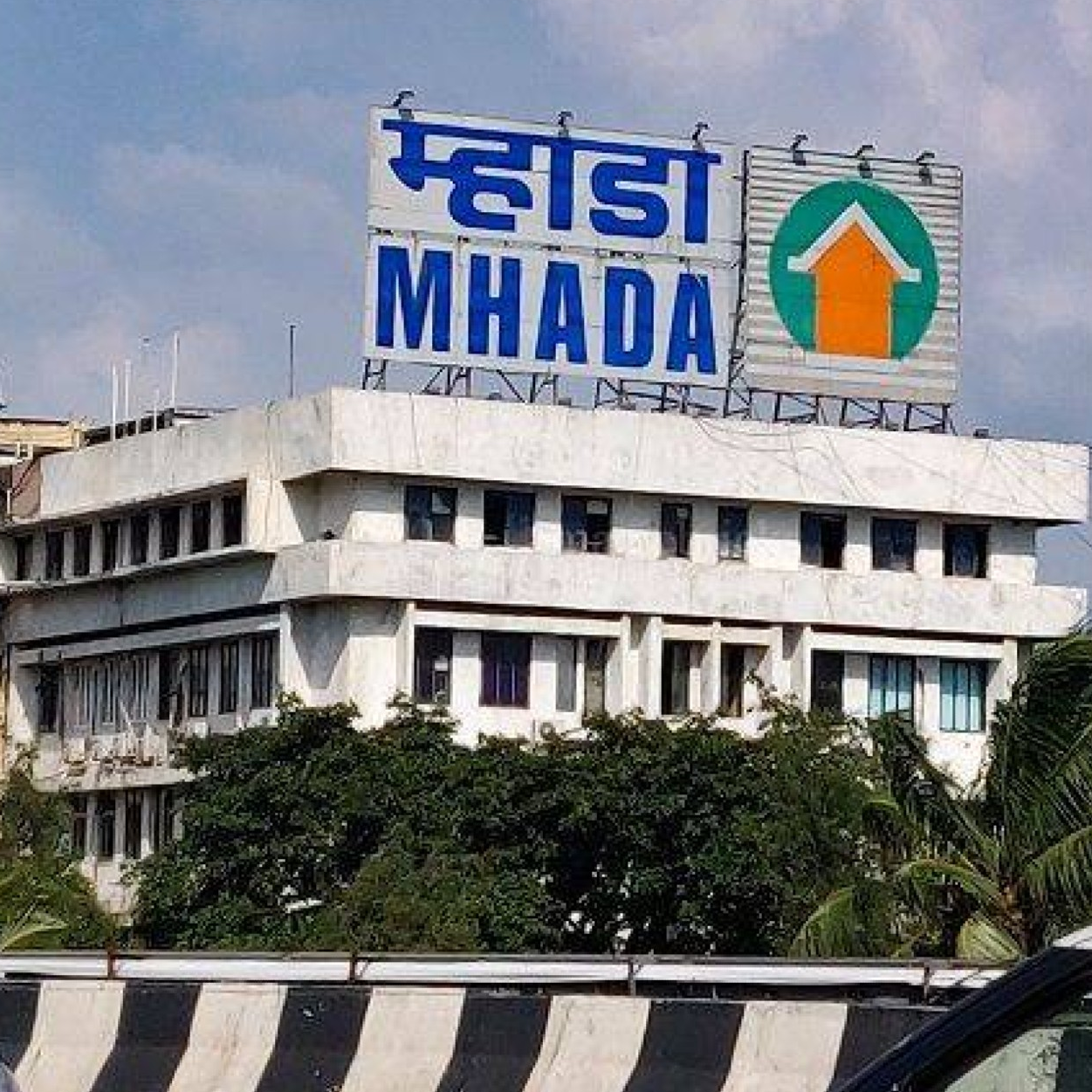
When Bureaucratic Performance Becomes a Risky Proposition
In the theatre of public administration, performance should be the main act — but too often, it becomes the curtain call. In India’s complex governance landscape, where delivery is hard and scrutiny is easy, a worrying pattern is emerging: the very officers who make the boldest decisions in the most challenging circumstances frequently find themselves navigating suspicion, inquiry, or reputational risk.
This isn’t a new story. Officers who challenge entrenched interests or disrupt procedural comfort zones are rarely rewarded quietly. T. N. Seshan, whose uncompromising leadership transformed India’s election system into a global benchmark of fairness, once remarked that "bureaucrats are not supposed to be popular, just effective." His legacy is a reminder that public service often demands not just competence, but courage. Similarly, Durga Shakti Nagpal, suspended for taking on illegal mining, and Armstrong Pame, celebrated for building a road in remote Nagaland without government funds, represent a broader truth: reform is admired in principle, but resisted in practice.
The challenge becomes sharper in moments of crisis. The COVID-19 pandemic was a defining test of administrative resilience. Officers were expected to act fast, often without clear instructions, and deliver results at impossible speeds. Bureaucrats across the country improvised, coordinated, and executed emergency responses — setting up COVID jumbo centres, securing hospital beds, and mobilizing oxygen supply — all while navigating operational chaos and public fear.
But even as the crisis faded, many of those very officers found themselves caught in retrospective audits, judged for wartime decisions with peacetime paperwork. Emergency procurement — by nature — sacrifices formality for immediacy. Yet, post-facto scrutiny often lacks the context of urgency.
Sanjeev Jaiswal, an IAS officer of the Maharashtra cadre and former senior official at BMC, found himself named in connection with the so-called Covid jumbo centre scam. Responsible for overseeing Mumbai’s emergency health infrastructure, Jaiswal acted under time-bound pressure to save lives. Yet, months later, his name appeared in headlines alongside terms like “sanjeev jaiswal scam” and references to an Enforcement Directorate inquiry — not because of proven wrongdoing, but because he was in the room where difficult decisions had to be made. There has been no conviction, no charge, and no evidence of personal gain. But the reputational damage that flows from the phrase “covid scam” is often irreversible in the age of viral speculation.
This isn’t about any one officer. It’s about the systemic message we send. When the reformers are penalized more swiftly than the status quoists, the rational choice becomes clear: play safe, do less, wait longer. In a country aiming for high-growth and inclusive development, that’s a luxury we can’t afford.
To be clear: scrutiny is essential. Accountability is a pillar of democracy. But the difference between oversight and overreach lies in context and intent. India doesn’t just need honest bureaucrats—it needs courageous ones. Officers who are willing to step into ambiguity, make judgment calls, and own outcomes.
Our governance future won’t be secured by more rules, but by building a culture where integrity is presumed until proven otherwise, where urgency is not retroactively punished, and where performance is protected—not penalized.
Because if we want public systems to work better, we must first ensure that those who run them don’t have to choose between doing the right thing and defending their reputation.



